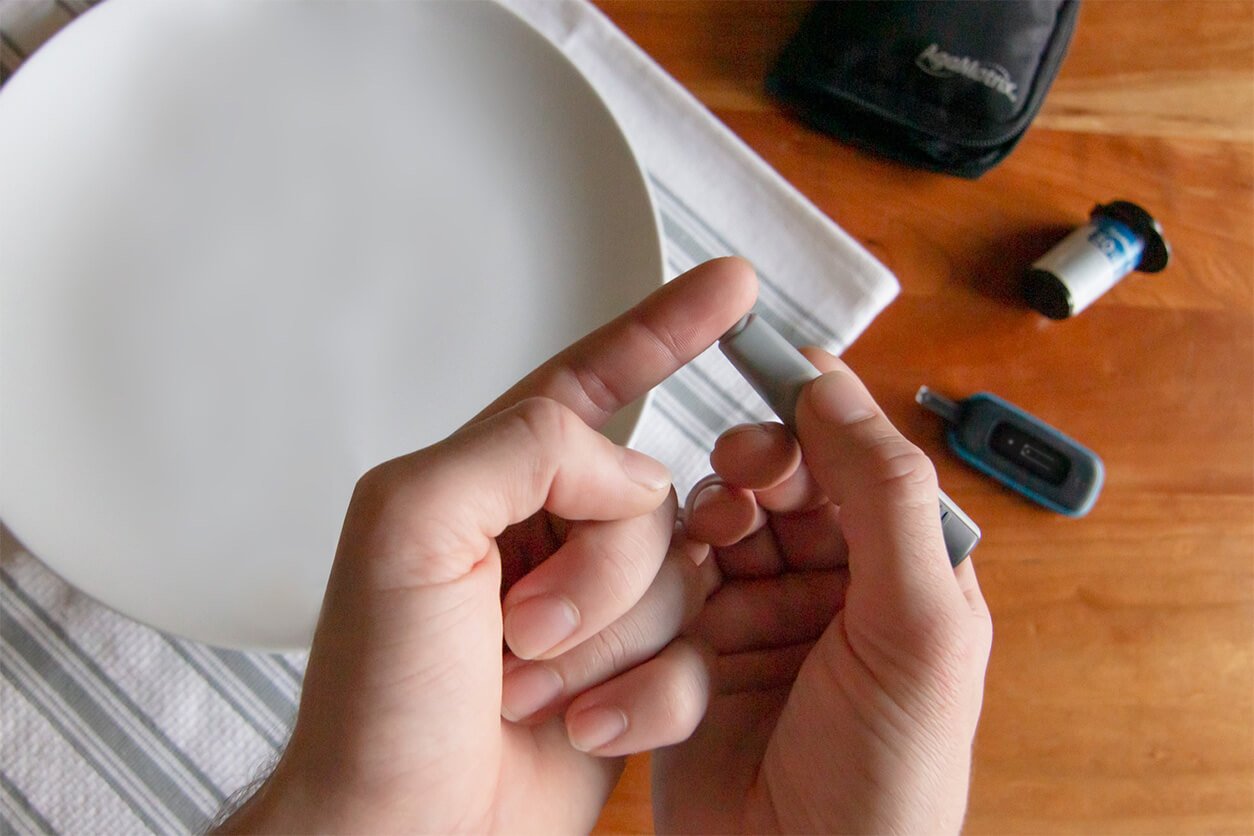
Diabetes and fasting
Fasting during the holy month of Ramadan is an obligatory hypothesis for all Muslims. Although in Islamic law, sick people are exempted from fasting, and if the severity of the disease is such that fasting leads to physical harm, fasting will not be allowed, but many Muslims with diabetes do not consider themselves sick and are determined to fast. Therefore, in such cases, it is necessary to check the current situation by doctors and nutritionists to properly guide diabetic patients to avoid any possible risk that leads to irreparable damage to diabetic patients.
Significant risks to people with diabetes during fasting:
• Hypoglycemic attacks
• Hyperglycemia
• Diabetic coma and dehydration
• Increased susceptibility to clot formation
Patients at very high risk
Patients have severe hypoglycemia three months before Ramadan
Patients with seizures
Patients with asymptomatic hypoglycemia
Patients who have persistent uncontrolled sugars
Type 1 diabetic patients
Diabetic patients who do hard physical work
Diabetic patients on dialysis
Pregnant women with type 1 and 2 diabetes and gestational diabetes
High-risk patients:
Patients with kidney failure and other advanced and chronic complications of diabetes
Elderly patients
Patients living alone
Diabetic patients taking neuroleptics and epilepsy
Patients at moderate risk :
Diabetic patients whose blood sugar is well controlled by short-acting drugs stimulate insulin secretion, such as repaglinide.
Low-risk patients
Diabetic patients whose blood sugar is well controlled by diet alone or metformin alone, or thiazolidinedione alone are also healthy in other respects.
Recommendations for people with diabetes who are allowed to fast
For breakfast, foods that slowly raise blood sugar should be chosen, such as foods containing complex and high-fiber carbohydrates, complex carbohydrates that have lower digestibility and satiety, and that keep blood sugar in the average range delay the onset of hunger. Help. Therefore, breakfast's best foods are whole grains and legumes, whole grain breads, vegetables, fruits, and protein foods. In addition to vitamins and minerals, fruits and vegetables contain fiber that stores water and reduces the feeling of thirst in a person.
At breakfast, patients should avoid consuming too much salt and salty foods because it will make them feel thirsty during the day.
They should avoid caffeinated beverages such as coffee and tea for breakfast. It is better to avoid sour, salty, spicy, sweet, and fatty foods during Ramadan, especially at dawn.
Avoid overeating meat for breakfast because it causes thirst
It is better to start the Iftar meal with a light and gentle food such as regular breakfast
It is better to start the fast with milk or lukewarm water and light tea and gradually consume light foods such as bread, cheese, walnuts, or soup.
It is better to eat 1 to 2 units of fruit after Iftar.
Regular and light exercise and physical activity are not dangerous in patients with type 2 diabetes. However, intense physical activity is not recommended due to the increased risk of hypoglycemia.
Blood sugar monitoring does not invalidate the fast. All people with diabetes should have a blood glucose monitor.




